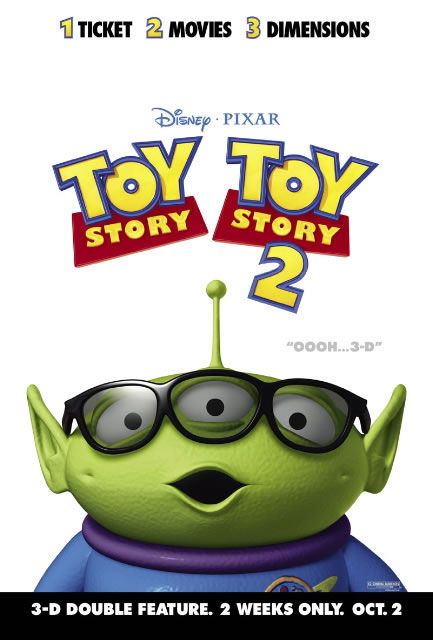
Why Gen Z Listens to Sad Music: ‘Embrace Their Feelings’
By Movieguide® Contributor
A new report from Spotify found that Gen Z is actively seeking out sad music.
“‘Sad’ is the most-searched term for Gen Z listeners on Spotify globally,” the streaming platform wrote, adding that they are listening to Spotify’s “sad” playlists “more than any other age group.”
Krista Scozzari, the North American Marketing Lead at Spotify, said, “There’s something really unique about this generation. They embrace their feelings so much. They’re really flipping the stigma of vulnerability. Gen Z has brought a raw, authentic new reality to expressing their emotions, and we’re seeing that in how they listen.”
Some might see this as a sign of something negative, but music psychology expert Dr. Michael Bonshor explained that it can actually be emotionally cathartic.
“Sad music can help us to release, express, channel or purge our emotions,” he said. “It often has slower speeds, which slows down our breathing and heart rate when we listen so that we feel more relaxed and tranquil. In addition to hearing slower speeds, hearing music with sad lyrics creates a sense of personal connection with the artists who wrote them — it validates that our human experiences are shared.”
Simon McCarthy-Jones, a professor of clinical psychology at Trinity College Dublin, agreed with Bonshor’s statements.
“When people listen to sad music, only around 25 percent say they actually feel sad,” he said, per Relevant Magazine. “The remainder experience other, often related emotions, most commonly nostalgia. This feeling of nostalgia can help increase our sense of social connectedness, mitigate feelings of meaninglessness and reduce anxiety.”
While teenagers listening to sad music isn’t necessarily a sign of deeper issues, experts recommend that parents talk to their children if they have concerns.
“Depression is harder to discover in young people compared to older people,” Dr. Brian Primack told NPR. “Sometimes the signs and symptoms in adolescence are different. Maybe there’s more irritability as opposed to sadness.”
Primack explained that your child’s music might be a clue that they need help but stressed that parents should see their children’s music choices as an attempt at “solace” rather than a “cause of the mental illness.”
“[Depressed teenagers] don’t feel like doing anything,” Primack said. “They don’t have a lot of energy, and [listening to music] is a place where they can go and they don’t have to perform.”
Movieguide® previously reported on external influences that can impact your child’s mental health, including social media:
Teenagers who spend more time on social media have increased depression, according to recent studies. Centers for Disease Control and Prevention released a study placing suicide as the second leading cause of death amongst individuals aged 10-34.
Social media is not the direct cause but rather the correlation between the spike in depression and its use. The basic human to human interaction has been lost on many levels through social media.
Statistics are grim, but what is crucial to know is that depression caused by social media, can be lowered with moderation. If we actively lower our time spent on our phones, then we become proactive about combating these statistics.
We need to reprioritize the things in our lives. If reaching for a cell phone comes before reaching for your Bible, then readjust your schedule to reflect your priorities. Maybe your phone has too many notifications, and you get distracted when reading your Bible on a cell phone. Take the time out of your day to consider how you spend your time and where you find your joy. God should always be the center of our joy, so cell phones should slowly become a little farther down the list.
Questions or comments? Please write to us here.


 - Content:
- Content: 

